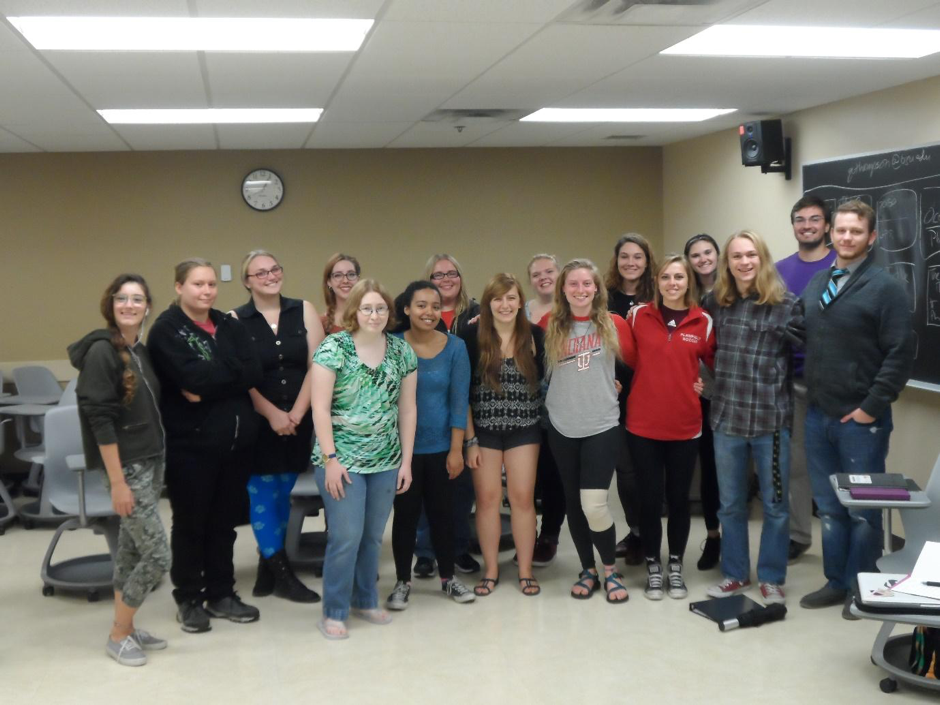GAT is responsible for improving everything, besides energy conservation and recycling, that falls under the umbrella term “sustainability efforts.” The group works to network with other student organizations and the residence and dining halls on campus in order to address student concerns about Ball State’s impact on the environment. Students are represented by Eco-Reps from their residence halls. Eco-Reps work with hall directors and Resident Assistants to implement policy changes and organize events within the halls to raise awareness of environmental issues.
DeHority Hall has three Eco-Reps, two of whom are sophomore actuarial science major Kelli Kramer and sophomore classical culture major Allie Hartman. When asked what they would like to see improved in DeHority and on campus in general, Kramer replied, “We do not do enough. We have a lot of recycle bins, but they’re not effective.” Hartman commented, “Even if I only convince one kid in my hall to use silverware instead of plastic utensils…it’s [an] improvement.”
DeHority residents have been among those expressing their interest in improving sustainability efforts on campus. Hannah Banks, a sophomore Latin education major, suggested educating students about the blue recycling bags in dorm rooms. Rebecca Weber, a sophomore speech pathology major, proposed placing more water bottle fountains on campus, both inside and outside of the buildings.
Quintin Thompson, a senior political science and philosophical studies double major and an executive director of PSSA, mentioned the ‘Tragedy of the Commons’ at the second GAT meeting, which underlines the idea that individuals will act in their own best interest without considering the ways their actions may work against the common good if the individual doesn’t have an understanding of why they ought to consider the common good: “Solutions can’t come from policy and technology. Change must come from a change in the culture itself.”


 RSS Feed
RSS Feed
